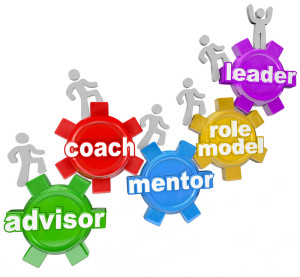Let’s start with the big picture and some good news. There are downward trends in the key COVID-19 indicators – the number of new COVID cases, hospitalizations, and deaths. But we know there is no good news in 3,000 deaths per day and nearly 500,000 deaths since the pandemic started a year ago.
news in 3,000 deaths per day and nearly 500,000 deaths since the pandemic started a year ago.
In terms of the vaccine, there is good news at a macro level. According to the Bloomberg COVID tracker, 48 million doses have been given in the U.S. with an average of 1.62 million doses administered per day, 14.6 doses have been administered for every 100 people, and 70% of the shots delivered to states have been administered. (as of 2/11/21 at 6:25PM)
There are more examples of mass vaccination sites with thousands being vaccinated in a single day at stadiums around the country. UC Health in Denver is offering a playbook for mass vaccination sites to other health systems – best practice sharing is something we do very well in healthcare.
Dr. Anthony Fauci projects that by sometime in April, the vaccine will be available to anyone who wants it. That seems very optimistic considering many states are just now in mid-February beginning to vaccinate anyone over age 75. President Biden says there will be enough vaccine supply to vaccinate 300 million in the U.S. by the end of summer.
Access issues continue with a lot of confusion and frustration for those in qualified groups trying to make appointments either online or by phone. It has become a family affair for many as younger family members try to help their elders figure out how to get vaccine appointments when there are multiple channels possible in their state or city and multiple different websites to go to. I applaud the various initiatives of software engineers in Massachusetts and New York who based on their own frustrating family experiences created a way for people to check availability of vaccine appointments. But we should not have to rely on such solutions. I would expect our government agencies to have made it simpler to begin with.
I just learned of another tool that notifies people via text message when there are leftover doses in their zip code so no dose goes to waste – Vaccination Standby List. According to the website, their mission is “to reduce COVID vaccine waste, reduce unnecessary lines and crowds at stores, reduce misinformation of leftovers, and allow as many people as possible to take advantage of any leftover doses”.
Disparities in vaccine distribution are real. We need more examples like the one in South Los Angeles where Dr. Jerry P. Abraham and the Kedren Community Health Center set up a walk-in site described in the Los Angeles Times article by Erika D. Smith on January 29, “Column: How a South L.A. doctor is beating the system and distributing vaccines equitably”. In Dr. Abraham’s interview on MSNBC’s Rachel Maddow Show on February 5, he said that he and his team are extremely solutions oriented and recognized that people with no car, no Internet access, and no email needed a workaround. Continue reading








